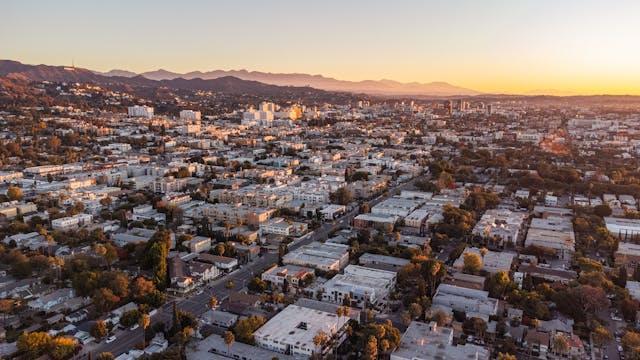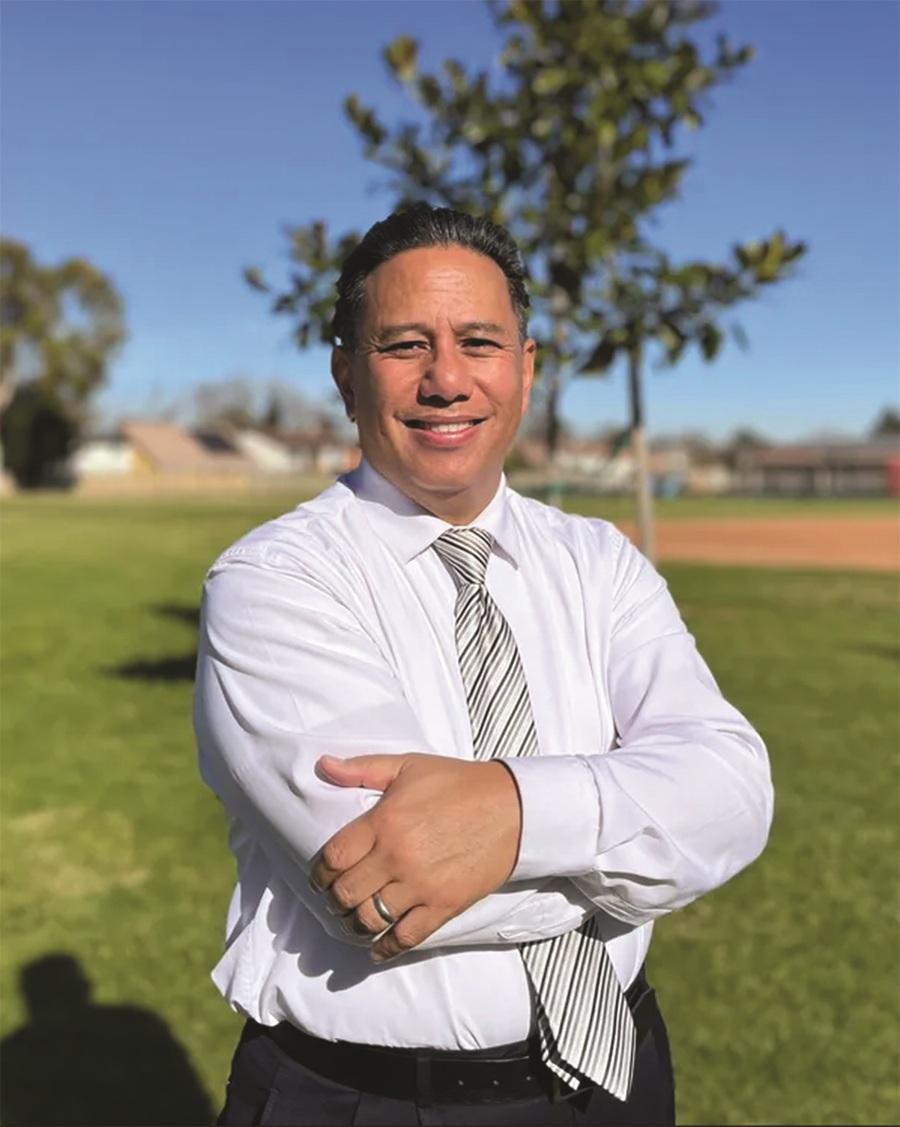2020 has proven to be a year when the primordial demand for human connection and empathy is at an all-time high. Even though recent divisive events and brutalities upset efforts to reach unity in the era of physical distancing, communities like the Filipino American community aim to bridge cultural gaps, particularly in the world of mental health.
Every Friday of the month of May, the Los Angeles-based Filipino American non-profit organization Search to Involve Pilipino Americans (SIPA) hosted a weekly webinar series called “Filipino Fridays,” which discussed a variety of issues related to mental health, leadership and the importance of community strength in midst of economic, political and emotional precarity.
In the U.S., May is observed as both Asian Pacific American Heritage Month and Mental Health Awareness Month, a coupling that is befitting to discuss and unravel the deep stigmas held strongly by the Asian American community.
The final “Filipino Friday” meeting on May 29 — called Bridging Our Journey — brought together leaders in the Fil-Am community in LA as well as local officials in a robust conversation about the dire need for mental health awareness in the wake of the COVID-19 pandemic, which has sparked anti-Asian sentiments across the country and the world.
“Bridging our unique personalities and also our unique traditional values in Asian American culture, and to share it among our residents who really need it [is really important] because those are some of the gaps that they see needs to be filled and that we at SIPA want to see,” said John Swing, community economic development program manager for SIPA.
Among the most pressing issues affecting the collective mental health of the Asian American community includes the complex crisis of the COVID-19 pandemic which, for the Asian American community, is multilayered.
Not only are Asian Americans fighting to stay healthy and avoid contracting the virus like the rest of the world, but they are also fighting a new wave of racism and discrimination related to the virus while ensuring their financial livelihoods are secured.
Since the middle of March when COVID-19 catalyzed widespread safer-at-home orders, the Asian Pacific Policy and Planning Committee (A3PCON) has reported more than 1,500 incidents of hate directed toward the Asian American community through its hate crime tracker, as previously reported by the Asian Journal.
The LA County Commission on Human Relations also reported a surge in hate crimes and incidents targeting the Asian American community, announcing more than 100 reports of hate incidents related to the pandemic from February to April.
Hoang Nguyen, the field deputy for LA County Supervisor Hilda Solis, said during the SIPA webinar that through the county hotline 2-1-1, which is dedicated to reporting hate crimes, the county was able to direct victims to the “appropriate resources and referrals.”
A small minority of the incidents reported to the county and A3PCON include violence, but a majority of them include verbal attacks and microaggressions like derogatory remarks and slurs as well as accusations of being infected with the virus. (The connection of the latter references the virus’ origin in Wuhan, China.)
Nguyen also noted that tracking incidents like this help to inform community education, policing and mental health programs that can help combat the specific discrimination that the Asian American community is facing right now.
“Fighting hate isn’t just about education, though that’s a big part of it. It’s about knowing that these incidents happen [and] just because we’ve only had a couple hundred [reported] incidents happen doesn’t mean that only a couple hundred incidents actually happened,” Nguyen said, acknowledging the Asian American community’s hesitance to reach out to law enforcement.
A key part of mental health management in a modern, capitalist world involves the economy, and while the overall American economy is experiencing an upturn, the financial state for many Filipino Americans remains at risk.
Nguyen praised the Board of Supervisors’ implementation of the eviction moratorium which, for the 88 cities in LA County, allowed for renters to skip rent if their finances were affected by the pandemic and prevented “more people from falling into homelessness.”
In the LA proper, Councilmember Mitch O’Farrell of the 13th District shared that his office was currently working on a reprioritization of funding, allocating $2 million from public infrastructure projects to be split evenly between renters protection programs and small business relief.
He also shared that an unspecified portion of the $100 million the city received from the federal CARES Act would be allocated to rent subsidies for low-income residents, adding that he plans to allocate $2 million toward cultural enrichment events and programs like the Lotus Festival and Filipino events for the 13th District.
“It’s okay that even during a pandemic — when we know there’s lots of suffering and lots of precautions that we all must take — we take a breath and celebrate what we have,” O’Farrell shared.
Among the industries hurt most by the pandemic, the non-profit sector continues to experience its own financial quandaries. Organizations like SIPA, which are fuelled by in-person community events and programs, have had to adjust to the virtual work to adhere to physical distancing measures.
But the Asian Pacific Community Fund (APCF), which has served as an alternate source of funding for API nonprofits since 1990, exceeded its May fundraising goal and raised $190,000 from 1,500 unique donors to fund nonprofits like SIPA.
According to APCF program manager Christine Lee, almost 70% of the organizations it oversees said that their operating budgets had been negatively impacted by the pandemic, and roughly 40% said that they had not received funding during the crisis.
“This is something that is very concerning to us because we know that after this [pandemic] is all over, we’re talking about recovery, and we have to wonder if our nonprofits like SIPA are equipped to serve our communities,” Lee shared, adding that the APCF has been collaborating with philanthropists to ensure funding to these community nonprofits.
The Filipino American community relies on leadership that represents it and vows to look at issues with an intercultural lens. And the quickest way to achieve that is to have a city government that reflects the constituency’s demographic makeup.
Filipina American Jessica Caloza, Board of Public Works Commissioner for the City of LA, shared that despite budget cuts that are plaguing many of the city’s departments, her mission to ensure that the Filipino American voice is included in city issues hasn’t steadied.
“One of the greatest privileges I have in serving the city is being your first Filipino American Commissioner on the Board of Public Works, and that holds especially true in May for APA Heritage Month,” Caloza said. “These stories and struggles that you uplift, not just in May but really every day, help inform the work that we do at City Hall so that we are better policymakers, that we create better programs that really help address the needs that you all bring to light, and that is so critically important for us. We need your work and advocacy so that we can do our jobs.”
Caloza acknowledged the charitable work of Filipino small businesses in supporting frontliners of the COVID-19 pandemic, like the food donation projects from The Park’s Finest and HiFi Kitchen.
Despite the difficulties of the current situation, these businesses continue to provide for the community while adjusting and adapting to the ever-changing economy, she said.
“I think that what you’re all proving to be true right now, is that we will get out of this stronger, and we will get out of this smarter and more resilient,” Caloza said. “One thing I hope you take away from this is that we continue to really serve each other as a community and your struggles are our struggles.”






